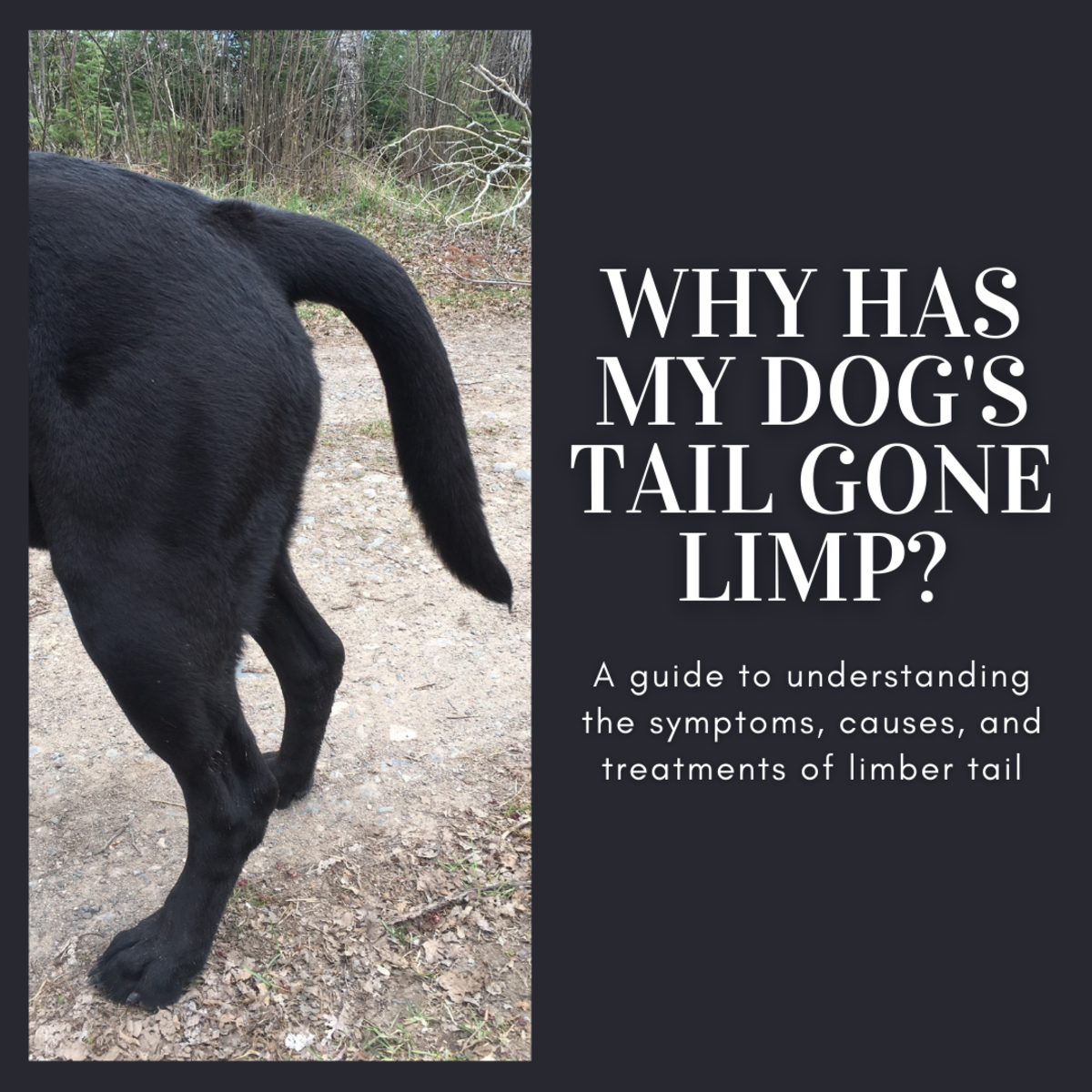Animal-Assisted Therapy for the Mentally Disabled.
Therapy for the mentally disabled often consists of a strict routine. This schedule contains mostly the same exercises every time. The therapy routine is structured to make the patient remember what they learn, but this routine becomes monotonous. Mentally disabled people need a new therapy that will bring a smile to their face. They need something special that will help them to overcome social obstacles. Pets are often used as service animals. Not only do they help the disabled, but they also become companions. Animals may be trained to help many types of mental disabilities. Most doctors in hospitals believe that animals are ineffective. They state that some patients are afraid of these animals or some patients are allergic to them. The benefits of assistance animals, though, outweigh the negative responses. Animal assisted therapy is an effective treatment for the mentally disabled.

Animal assisted therapy is effective for autistic children. Hippotherapy, more commonly known as horseback therapy, helps increase physical abilities in autistic children. The movement of the horse forces people to focus on their balance. In her book The Handbook on Animal Assisted Therapy Aubrey H. Fine says, “Even though the horse has a smooth gait at the walk, the horse’s stride is so long that one must constantly work on balance and posture while astride the horse.” (Fine 259). Balancing exercises are often used in occupational therapy for autistic children. The motion of horseback riding creates the same effects that the balances exercises create. According to Aubrey H. Fine, the constant stimulation to the balancing system in the ears caused by the motion of horseback riding is similar to the methods used by occupational therapists. (Fine 259). Autistic children often have poor balance; therefore, hippotherapy is one way that these children may improve their balance and coordination.
Therapy dogs help autistic children develop communication skills. Autistic children are more apt to communicate while they are playing. In her book Autism Spectrum Disorders Mitzi Waltz states that autistic children use play as a way of communicating their ideas about their relationships, fears, and places in society, and “[c]ounselors working with young children often use hand puppets, stuffed animals, dolls, and sand tables with small figurines to encourage them to “talk” by playing.” (Waltz 164). Playing with dogs is an added benefit because the animals can respond to the children, unlike an inanimate toy. In her article “The Healing Power of Therapy Dogs” Karen Jones writes about Dr. Mark Condon and his therapy dog, Dutchess. In the article, Dr. Condon says that therapy dogs are “a grounding presence” for autistic people. They must use communication skills to ask to pet the dog. It is hard for autistic people to “initiate interaction”, yet they would like to “interact” with Dutchess. (Jones 1) Animal assisted therapy, therefore, creates a way for these children to communicate.
Animal assisted therapy is effective for children with Asperger’s Syndrome. Asperger’s syndrome is similar to Autism, except the child is more interested in socializing. However, the child often struggles with interacting with others. Often, the children are nervous around other people. Children with Asperger’s Syndrome need to learn how to be calm while around other people. School Success for Kids with Asperger’s Syndrome states that though relaxation techniques may not cure the child, they can be useful in the entire treatment plan. “The child needs to learn what being calm feels like as a base experience.” (Silverman and Weinfeld 157). Interacting with an animal often creates a sense of calmness within an individual. In the Victor Harbor Times, Elizabeth Sweetman says in her article “Lucy the Therapy Dog Goes to School” that Lucy is helpful to many children. She quotes Special Needs teacher Louise Jaensch, “The children at the school who have a range of learning difficulties, including Autism Spectrum Disorder, those who have been impacted by trauma or have other social and emotional needs, benefit immensely from the calming, quietly responsive presence of Lucy.” (Sweetman 1). Children with Asperger’s Syndrome become calm when they are around a therapy dog.
Animal assisted therapy helps children with Asperger’s Syndrome build confidence. Asperger’s children often have trouble with interacting with other people, especially with other children their own age. “Finding Her Way… With Horses”, an article in the magazine Horse & Rider, states that Asperger’s children have a hard time making friends with other children their age. In fact, children with Asperger’s Syndrome are bullied by other kids because of their disabilities.(Dixon 12) Horse therapy may help children with Asperger’s to develop confidence. In her article “Finding Her Way… With Horses” Meghan states that when she got on the back of a horse, she felt relieved of her problems. Riding gave her freedom and happiness.(Dixon 12) The children may still have a bad day at school. The horse, though, can provide a shoulder to cry on. Meghan states that whenever she had a bad day, her horse would provide comfort by just letting her cry on his shoulder or ride him. Horses don’t care what you look like. They accept you, no matter how hurt you may be.(Dixon 12). Animal assisted therapy provides a way for children to become more confident.
Animal assisted therapy is effective for adults with Alzheimer’s disease. Therapy dogs provide comfort and security for Alzheimer’s patients. Many times the animal becomes a part of the patient’s everyday life. Those with advanced Alzheimer’s must be placed in a home and often do not respond to others. Therapy dogs can create this needed response. In her article “How Animal Therapy Helps Dementia Patients” Madeline Vann, MPH writes about Mara M. Baun, DNSc, who has been researching animal assisted therapy benefits for over ten years. One of Baun’s studies was conducted in an Alzheimer’s unit comparing the social interactions of patients with and without a dog present. She says, “When they had the pet with them, they had more interactive behaviors, although some of them were aimed at the dog, not at the person.” Whether the interaction is one-on-one or in a group, her study shows the consistency of this effect. (Vann [1]). Therapy dogs may also improve the patient physically. According to Vann, in the presence of a therapy animal, dementia patients may show signs of “reduced agitation…, physical activity…, improved eating…, [and] pleasure.” (Vann [1-2]). When people feel good physically, they are more willing to be interactive with other people. These assistance dogs help Alzheimer’s patients to feel better physically. Therefore, the dogs also help the patients to interact better with others.
Therapy dogs provide assistance to people with Alzheimer’s disease. Some people with Alzheimer’s may be able to remain at home, but they may still need assistance to complete daily tasks. Therapy dogs can be used to provide this assistance. In his article “Assistance Dogs For Alzheimer’s and Dementia Patients” Stanley Coren, PhD states that “[d]ogs love predictability and routine and this is the hook upon which much of the training of dementia assistance dogs is based. . . . The dogs are trained to help guide people though the day, encouraging them to open cupboards which contain food for the dog and also a prominent note to the owner reminding him that he has to eat as well.” (Coren [2]). Sometimes dogs are equipped with a collar that has a timer on it. The dog is trained to respond to certain sounds the timer emits. Each sound represents different things the dog must do to help his owner. According to Coren, a dog may carry a bag of medicine to his owner when the dog hears one sound from his collar. At hearing another sound, the dog may also assist the patient to the restroom where the person will find a note reminding him to take a bath or a drink of water. (Coren [2]). As a person with Alzheimer’s ages, he may become quite unsteady on his feet and may fall often. If he owns an assistance dog, the patient will have a way to contact help. According to Coren, “The dogs are also trained to trigger an alarm in the house should the patient fall and not get up within a reasonable amount of time or if they hear a choking sound.” (Coren [2]).
There are too many benefits of using animal assisted therapy to ignore. Because animals are able to respond positively to the patients, the patients form a bond with these animals that no other type of therapy can create. Animal assisted therapy is therefore an effective mental health program that hospitals can easily implement.
Bibliography
Coren, Stanley. “Assistance Dog for Alzheimer’s and Dementia.” Canine Corner. Psychology Today
21 January 2014. Web. 19 April 2014
Fine, Aubrey H. Handbook on Animal-Assisted Therapy. Elsevier Inc, 2010. Print.
Jones, Karen. “The Healing Power of Therapy Dogs.” Prevention. February 2014: n. pag. Health Source-
Consumer Edition. Web. 19 April 2014
Silverman, Stephen M. & Rich Weinfeld. School Success for Kids with Asperger’s Syndrome.
Frufrock Press Inc, 2007. Print.
Sweetman, Lucy. “Lucy the Therapy Dog Goes to School.” Victor Harbor Times. 6 October 2011. Pag. 13.
Newspaper Source Plus. Web. 19 April 2014.
Vann, Madeline. “How Animal Therapy Helps Dementia Patients”. Everyday Health. Everyday Health
Media LLC, 20 April 2010. Web. 19 April 2014.
Waltz, Mitzi. Autism Spectrum Disorders. O’Reilly & Associates, Inc, 2002. Print.








